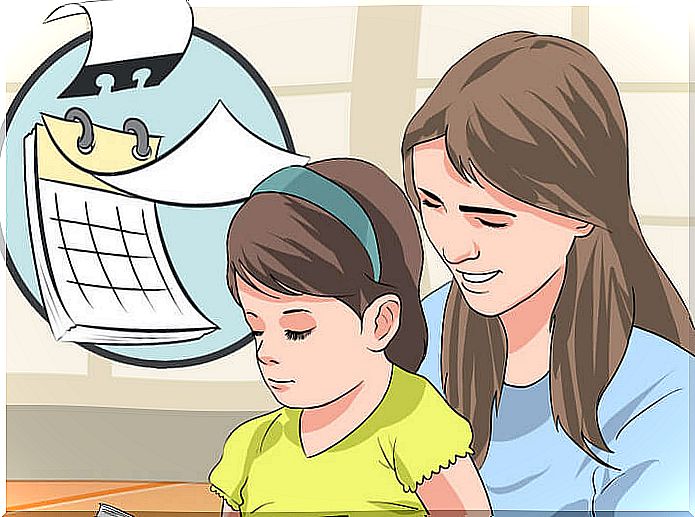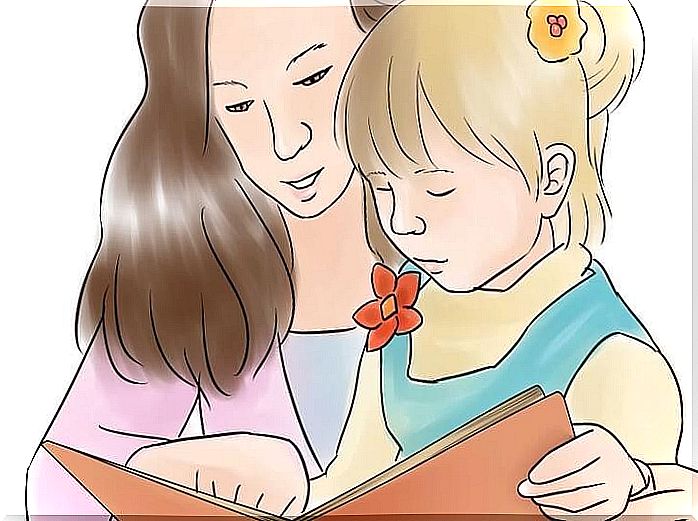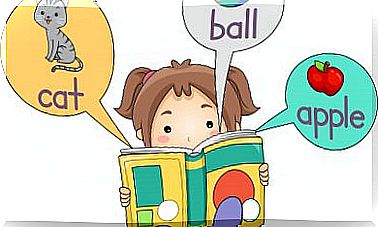Is It Good To Advance Children’s Learning?

No, it is generally not good. Gifted children or more advanced children are not usually those who learn to read, write or count long before the appropriate age according to what school teaching has shown over the years. Next, we will tell you why by answering a series of questions.
Why not advance children’s learning
If my child learns to read when he is little, will he be more advanced than the others when he enters school?
According to samples, the child who learns to read or write before the others does not show significant progress. Your only advantage is that you can make use of this knowledge at a younger age when most of your peers don’t even know it exists.
The little ones who arrive at school without having these skills catch up with those who do in a short time, catching up with or even surpassing it.

Is it true that the child who arrives at school already with the knowledge that is going to be taught there tends to dissociate in class?
Yes, to learn the child needs to be interested in something. When interest and curiosity are lost, the child does not learn. Even adults assimilate knowledge better when we feel motivated.
It is difficult to get a child to focus in class when they already know what the teacher is teaching. That is why it is not surprising that he becomes rebellious, undisciplined, or simply gets very bored and begins to reject school.
Is skipping the stages of cognitive development advantageous in any way?
In none of them, will this only undermine the creativity, the investigative spirit and the curiosity of the minor.
It will also rob you of time to play, have fun, interact with other infants, be with your family and enjoy everything you have a right as a child.
The little one who is subjected to early learning feels burdened, forced; states that generate discontent and stress.
So it is better for my son to start his school stage without knowing anything about what they are going to teach him there?

Nor should you go to extremes. You can teach him to identify some colors, to take the pencil well, or to know what the vowel with which his name begins, for example. But you do not want to force your learning by burning stages because this is not going to bring you any benefit.
Are those who argue that it is necessary to encourage learning in children are wrong?
No, when it comes to encouraging learning, awakening his creativity, educating him or teaching him to think, it refers to stimulating his investigative spirit and the need to find the reason for everything, to reach conclusions using his reasoning, even if it is still very insipient, or learn from mistakes and “blows”.
Encouraging learning is to provide didactic activities that develop their intelligence and introduce them, as we mentioned before, to the knowledge that is going to be provided in school.
Let’s say you can encourage his cognitive development by playing educational nursery rhymes, reading stories that spark his imagination, teaching him to behave and speak correctly for his age, or repeating a poem for him to memorize.
Is it good to advance children’s learning?
Mom, more than advancing your child’s learning, advance and stimulate his desire to learn. If he is about to enter school, talk to him about everything that they are going to teach him there. Tell him that soon he will not need anyone to read the books to him because he will be able to do it alone, or that they will have to write things for him, or count the balls to find out if he has lost any.
Tell him that in school he will learn everything that mom and dad know together and that he will be a bigger and smarter child, the one who will guide and teach his younger brother when he needs it.
Before violating stages of your child’s cognitive development, ask yourself to what extent this acceleration is going to benefit him. If the only answer is: “because you will have a better chance than others to be a winner,” think that it is too early to subject you to the pressure of the competition. Let him enjoy his childhood, without the pressures that await him in his adult life, after all they will be there when he has to live them.
Main image courtesy of © wikiHow.com









